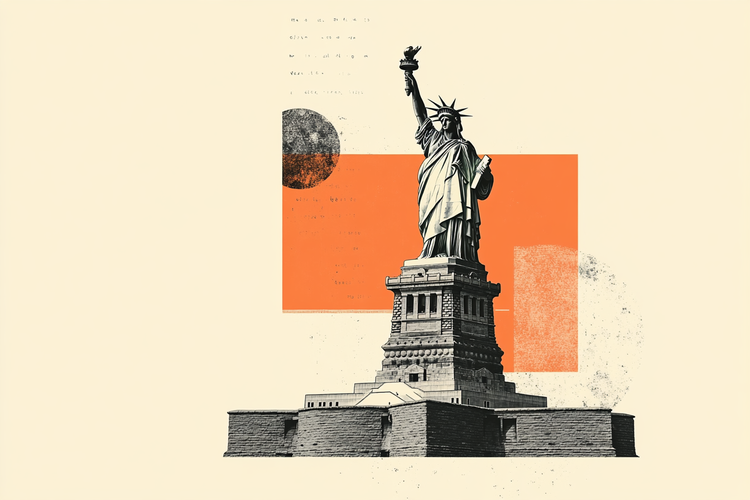After more than two years of rise due to the Covid-19 pandemic and the conflict between Russia and Ukraine, agricultural commodities are in price deceleration, and the fall in values is already reaching the final consumer.
The decline in commodities was captured in the General Market Price Index (IGP-M), of Fundação Getúlio Vargas (FGV), in which the Wholesale Price Index (IPA) makes up about 60% of the research composition.
In 2022 alone, the fall in the accumulated value was more than 100%. In the month of September of this year, the index accumulated in twelve months was verified in 8.25%, while in January of this year, the accumulated value was of 16.91%. In the month of September 2021, the accumulated index of the previous twelve months was 24.86%.
In the case of Brazil, in addition to stabilizing production, FGV professor Alberto Ajzental explains that recent declines in energy commodities have also reduced the cost of food production.
“From June to now, fuels have been reduced, largely due to the drop in oil. This directly influenced the transport item, in the IPCA, however, despite being difficult to measure, the drop in fuels indirectly affects the food item. Fuel goes into everything, you spend fuel to produce and you spend to transport”, points out Ajzental.
In addition to tax relief measures promoted by Congress and the federal government, the price of a barrel of Brent oil on the international market has been operating below US$ 100 since the end of August. This directly influences the price of fuel in Brazil, as it is based on value in the international market.
The consequences of the falls have already reached the final consumer, which according to the Broad Consumer Price Index (IPCA), which is the official indicator of inflation in the country, recorded deflation of 0.27% in the food and beverage group. It was the first drop in the group since November 2021, when items fell 0.39%.
“In general, inflation is faster than deflation, it is faster to rise and the fall is more cautious, so that makes it difficult for prices to fall more sharply in the near future. Another point is that we are entering an era of extreme weather events, and this is counterproductive for agriculture, which would disrupt prices as well,” he says.
Source: CNN Brasil
Joe Jameson, a technology journalist with over 2 years of experience, writes for top online news websites. Specializing in the field of technology, Joe provides insights into the latest advancements in the industry. Currently, he contributes to covering the world stock market.







